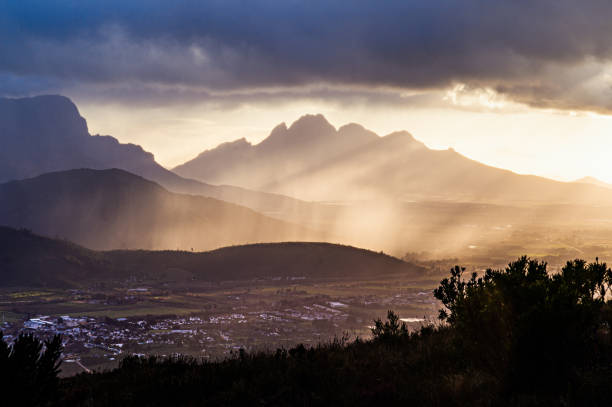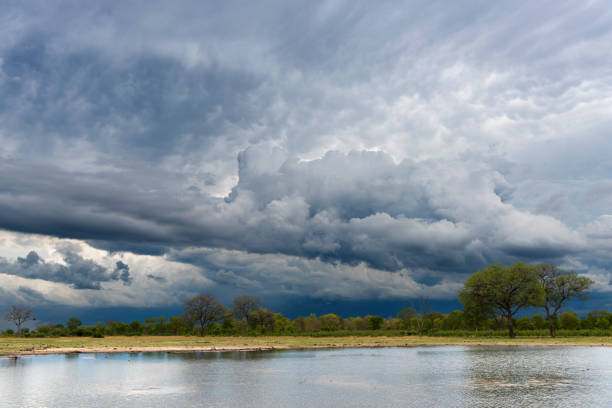RAINWATCH
Countries / Regions
Burkina Faso; Chad; Ghana; Guinea; Mali; Mauritania; Niger; Nigeria; Senegal; Sierra Leone; Sudan; The Gambia
Partners
AfClix, CIMMS-OU, Rainwatch Country Coordinators
Funders
N/A
Project Team
Prof Rosalind Cornforth, Galiné Yanon
Background
Daily rainfall data in sub-Saharan Africa is especially difficult to acquire and most of these data are not yet digitized. Because of this issue, sub-Saharan Africa tends to use rainfall data much less than anywhere else in spite of its high-dependence on rainfed agriculture, which ultimately dictates the region’s food security. Together with AfClix (Africa Climate Exchange), RAINWATCH closes this gap by increasing the accessibility of usable climate information. RAINWATCH provides users with simple local rainfall and temperature plots presented in a practical format that even those with little or no formal education can understand.
RAINWATCH is a simple, low-cost and real-time rainfall monitoring system. It permits the tracking of critical rainfall and temperature attributes and serves as an early warning system that addresses extensive drought and excessive flooding beneficial to different users such as farmers, scientists and policy-makers.
The system was conceived and developed under the leadership of University of Oklahoma’s Aondover Tarhule, chairman of the Department of Geography, and Peter J. Lamb, director of the NOAA Cooperative Institute for Mesoscale Meteorological Studies (CIMMS). Through the Walker Institute’s AfClix led by Rosalind Cornforth, RAINWATCH products are communicated directly with relevant institutions and individuals on the ground. By linking these various stakeholders together, AfClix facilitates knowledge transfer and uncovers issues that really matter to people.

Our Impact
RAINWATCH has already proved to be an extremely effective early warning system that could prompt officials to take action sooner. The RAINWATCH products provided to the Office of the President of Niger in 2011 was used to assess the year’s monsoon and enabled the Government of Niger to issue early warnings to the its people. Consequently, the government was able to seek early help from the international community to tackle the 2011 famine, in stark contrast to other suffering Sahel countries.
The experience in RAINWATCH of working with various African government personnel, practitioners, researchers and individual members of the community suggests a keen desire on the part of all stakeholders for a regional alliance and cooperation. Thus, the team behind RAINWATCH will continue to develop practical and sustainable approaches to implementing effective climate information services.
At the beginning of March 2018, the RAINWATCH Alliance met in Kampala, with the aim of providing the space for deep and explorative dialogue on technical practices, as well as sharing good practice. Additionally, discussions identified challenges, opportunities, and priorities for climate information services in Sub-Saharan Africa.


